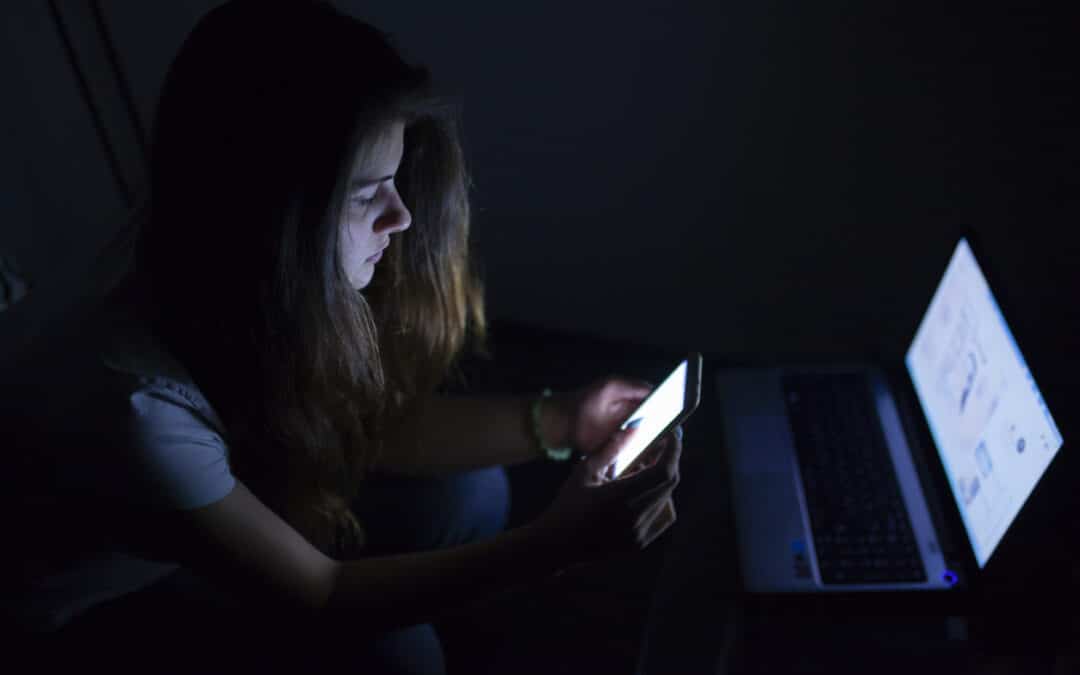Social media was designed to connect people. At least, that’s what those behind these sites never stop of telling us. They’re meant to create, as Mark Zuckerberg says, “a digital town square.” Yet, as it turns out, the effect social media has on us seems to actually be going in the opposite direction. Social media is making us less social.
Last year a study by the University of Pittsburgh and West Virginia University was published showing links between social media use and depression. And now the same team has released new study that takes things a step further. The study found that not only does social media lead to depression, but actually increases the likelihood of social isolation. According to the study’s findings, for every 10% rise in negative experience on social media, there was a 13% increase in loneliness. And what’s more, they found that positive experiences online show no link to an increase in feelings of social connections.
These two studies make clear what we may already feel: the form in which social media connects us ends up leaving us more isolated. And, as strange as it may sound, this could have a profound impact on how we view our privacy. At root, privacy involves the maintenance of a healthy self-identity. And this identity doesn’t form in a vacuum. Instead, it is shaped through our relationship to a community of people.
So, to the extent social media is isolating, it is also desensitizing to our notions of ourselves and to the world which surrounds us. When we lose a sense of boundaries in relation to a community then anything, including the value of privacy, can go out the window.
And this can turn into a vicious cycle: the lonelier you feel, the more you’re likely to seek validation on social media. Yet, the more you seek that validation, the more that sense of loneliness rears its head. And often seeking this type of social validation leads to privacy taking a back seat. Earlier we wrote about an increase in the success of romance scams, which is just one example of how a sense of loneliness can have the effect of corroding privacy practices.
While these studies don’t exactly mean we should go off the grid, it’s clear that to understand and value ourselves, we need at times to detach from technology. And, from a business perspective, there are lessons to be learned here too. While technology can make communication more convenient, that shouldn’t translate to having every conversation through a digital platform. Pick up the phone. Have lunch with a customer. Talk to them instead of selling them. Having more personalized conversation will not only translate to stronger business relationships but may even have an effect on the value placed on privacy as well.
